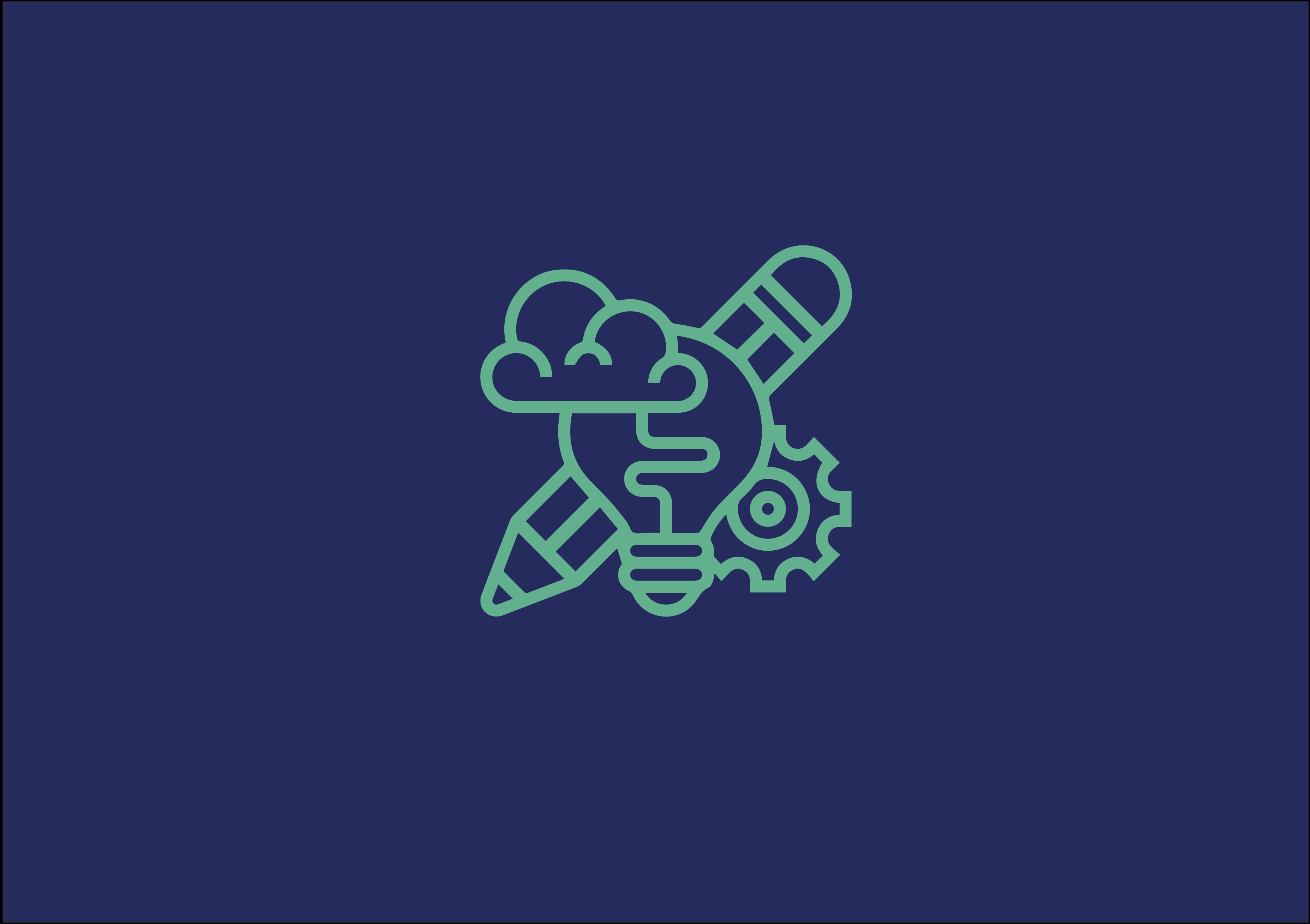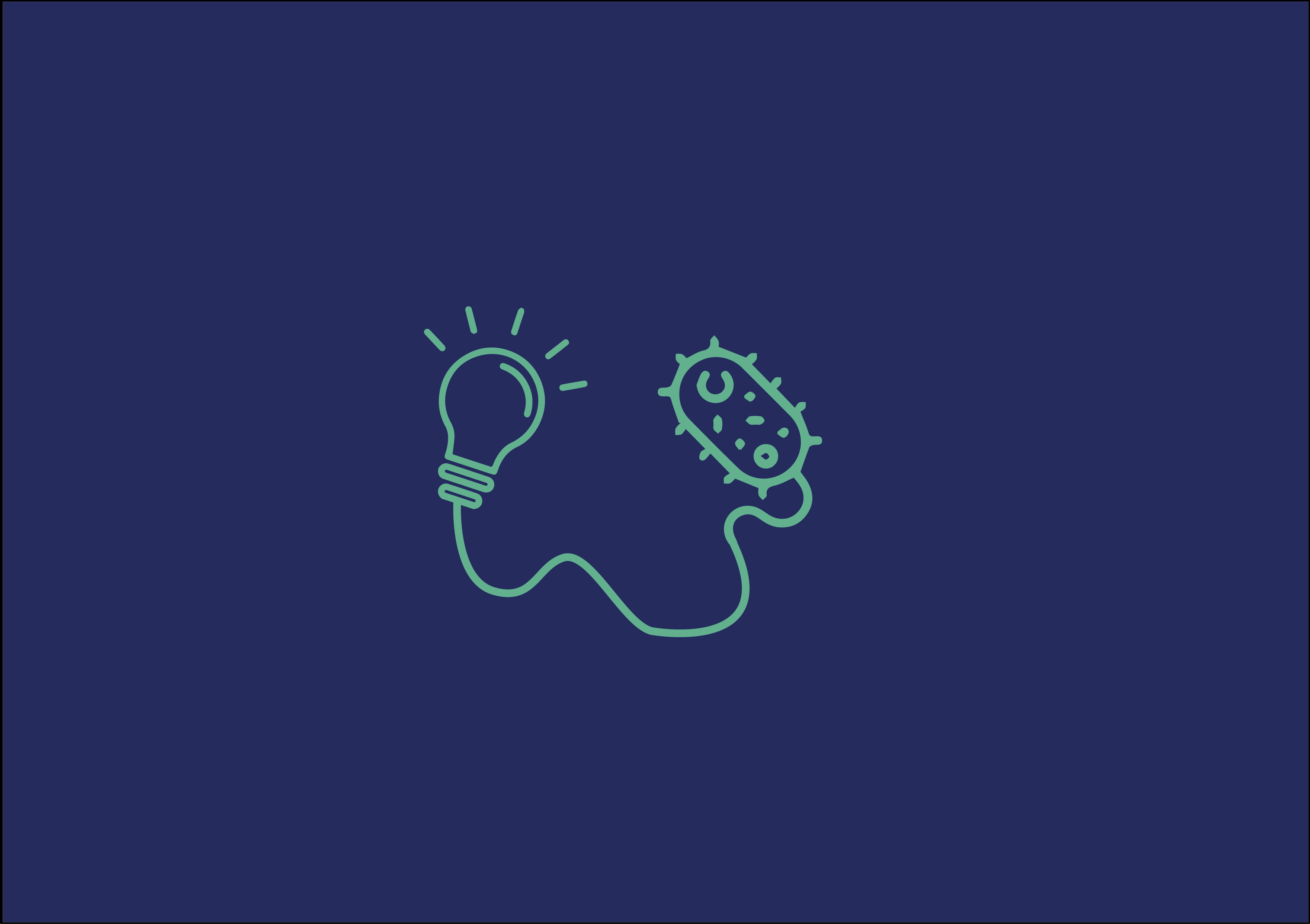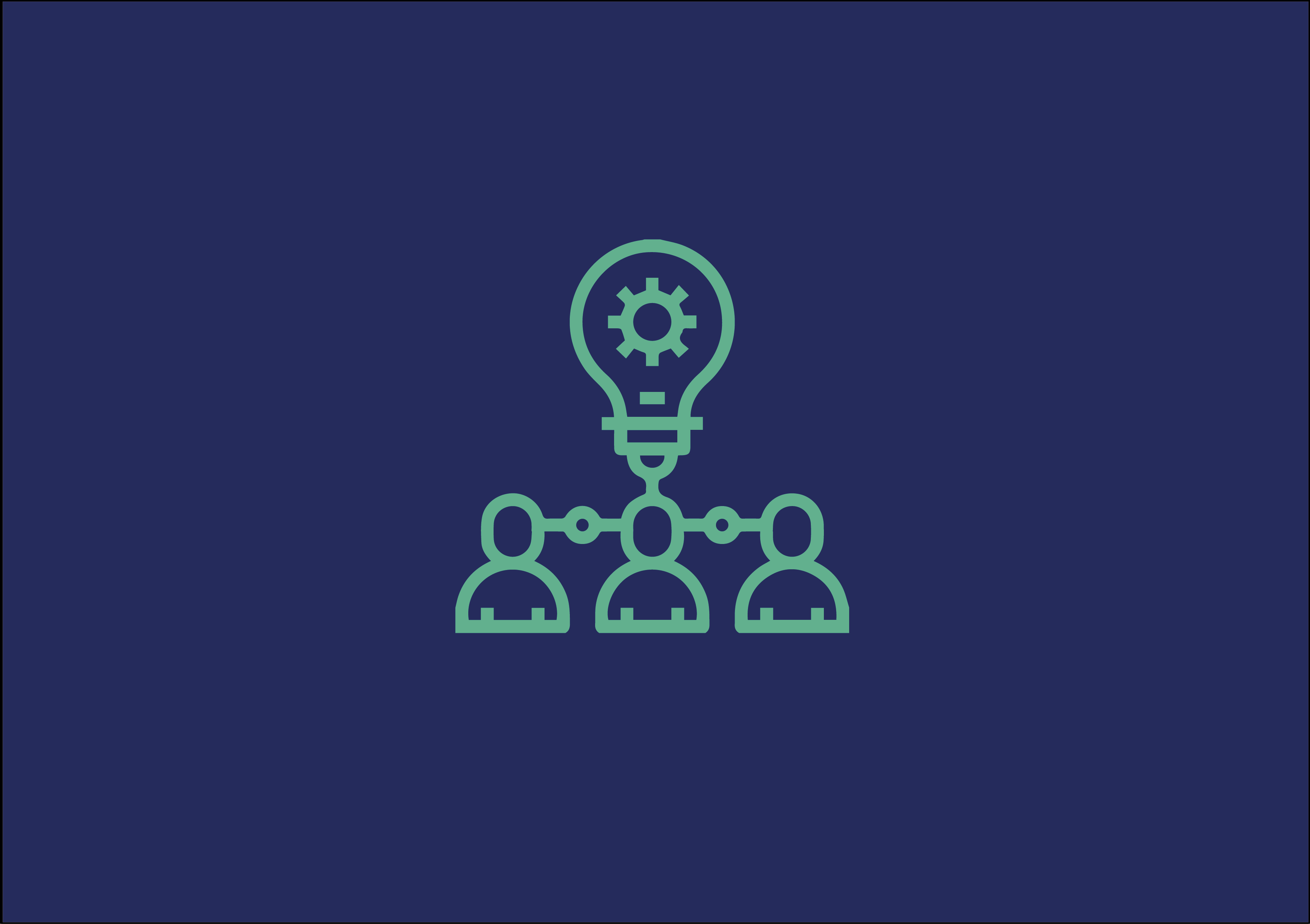The discovery of electricity has been an important one for society. From 600BC when ancient Greeks discovered static electricity by rubbing fur on amber to 1878 when Tomas Edison invented the first light bulb; electricity has been a big part of our everyday lives. Electricity allows us to charge our phones, to light up our homes, and to power our cities.
Fossil fuels such as coal, oil, and gas have been used for several centuries now to generate electricity. However, coal and oil are not renewable sources of energy and are bound to run out. Burning fossil fuels is also extremely polluting and contributes heavily to the disastrous effects of climate change. The use of nuclear energy has become very popular since the 1950s as it is a more sustainable yet powerful way to generate electricity. In fact, according to the World Nuclear Association, nuclear power plants contributed to 2503 TWh of electricity in 2017 alone. Though, this is nothing compared to the fact that 65% of the world’s electricity came from fossil fuels in 2017. Furthermore, nuclear power does not come without its disadvantages of radioactive waste and potential hazards.
We are also very detached from our sources of energy. We flip a switch and our rooms are lit. We plug in a charger and our phones are charged. We do not consider where the energy came from and the impact it has on the environment. Our aim is to integrate that sense of responsibility, that everything we do has consequences. We want to make living in symbiosis with the environment the foundation of Volteria. Hence our mission…
‘Questioning how we see energy production and how we can change it so that instead of being detached from our sources of electricity, we become more interactive with it, making it a bigger part of our everyday lives. By doing this, we enforce community engagement and appreciate how our electricity is derived.
Looking to emphasize the notion of living in symbiosis with the environment and using what it provides to our advantage in a sustainable way that benefits both parties‘
Contact the team members
Ankitha Kumble – r.a.kumble1@newcastle.ac.uk
David Triana Garcia – david.torres@northumbria.ac.uk
Lory Nagy – l.nagy@newcastle.ac.uk
Marisa Bamberg – m.r.bamberg1@newcastle.ac.uk
Tania Farcas – t.farcas@newcastle.ac.uk





